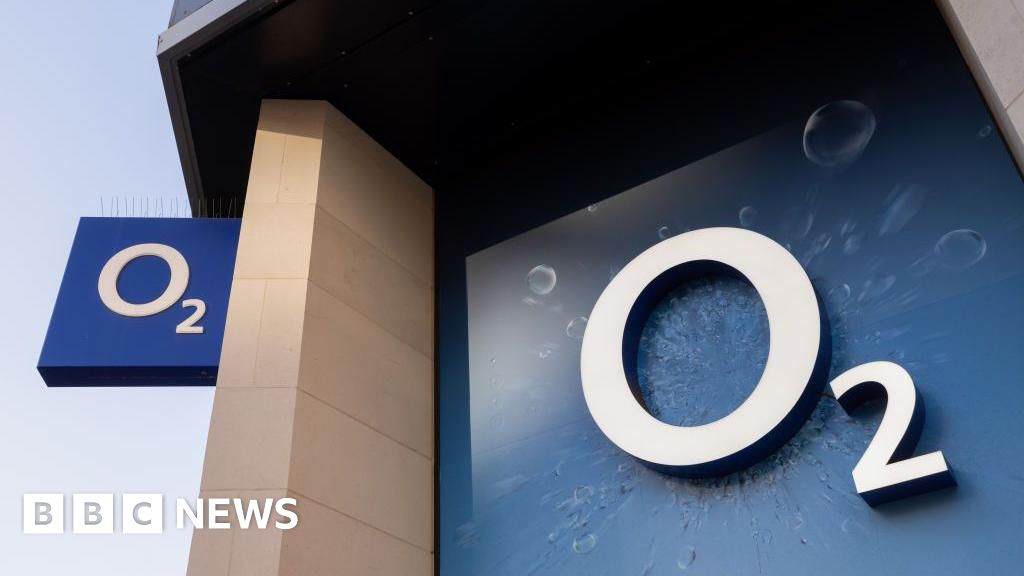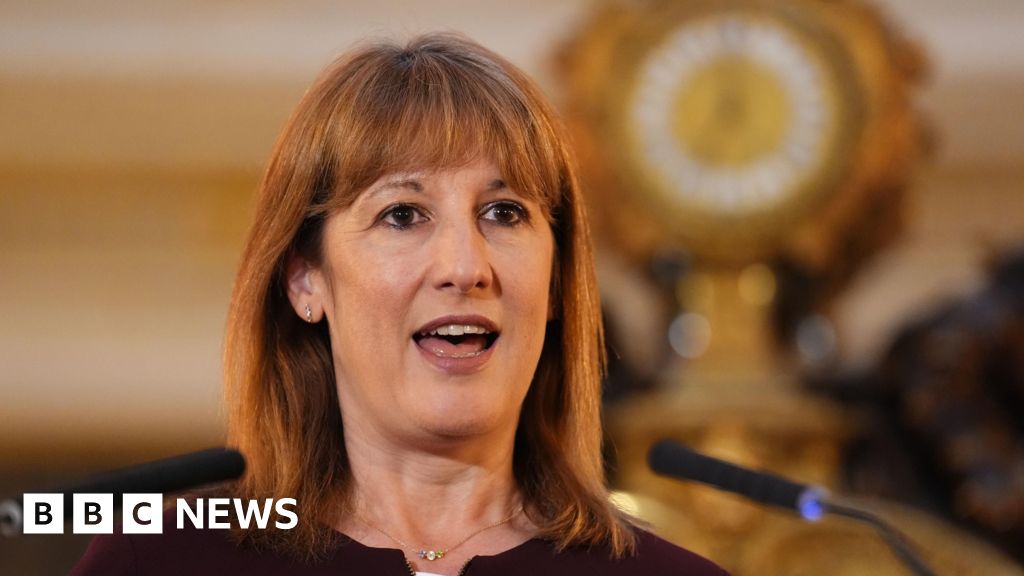Simon Jack
Business editor, BBC News

 Getty Images
Getty Images
The exodus of firms from the London Stock Exchange has created a "pivotal moment" for the UK's financial services sector which requires urgent action, a leading business group has warned.
The Confederation of British Industry (CBI) said a combination of companies choosing to list elsewhere, private firms buying up public ones, and investors shunning UK shares had seen 213 firms leave since 2016.
Chair Rupert Soames said that lighter regulation, better marketing and incentives for investors to put cash into British firms were needed to stem the outflow.
He said he would support cutting allowances for cash ISAs to get more people investing, which the chancellor is understood to be considering.
In her Mansion House speech to City leaders, Rachel Reeves is expected to consider cutting tax breaks for people parking their savings in cash ISAs, in a bid to encourage more investment in stocks and shares.
She is expected to set out how people can be given the right information and support to take a stake in government's effort to grow the economy.
Mr Soames said he would support changes in tax law to encourage more investment, arguing that the current annual £20,000 allowance to put cash that can earn interest tax free did little to help growth.
"Of all the investments that God ever invented, cash [ISA] is the worst possible one," he said.
Quizzed on whether it cash ISAs were safer than people putting their money into stocks and shares, he replied: "Safe from what? Inflation - I don't think so.
"There is £300bn that people have squirrelled away and I suspect the chancellor will want to do something about that and say that if you are going to take tax shelter then should it be in cash or something productive."
'Houston we have a problem'
"Houston we have a problem" was how Mr Soames characterised widespread concern about the steady outflow of companies from UK markets, particularly to the US.
Some well-known and highly regarded UK companies now sell their shares on foreign markets.
Once the jewel in the crown of UK, tech firm ARM Holdings is now listed in New York. Just Eat and Deliveroo have moved or been gobbled up by competitors, Paddy Power's parent company Flutter is betting on the US, and mining giant BHP headed down under to Australia.
Perennial rumours remain over the future of London stalwarts Shell, and UK's most valuable company, Astra Zeneca.
Last year alone 88 companies left the UK, and 70 more have departed so far this year. A trickle has become a flood.
Mr Soames said the exits mattered because the stock market is part of the foundations of a financial services industry that pays 10% of all taxes in the UK - "supporting hospitals and schools up and down the land".
Last year, the chief executive of the London Stock Exchange denied it was in crisis despite the high-profile exits.
'Don't be squeamish on executive pay'
When it comes to public companies being bought up by private firms, the benefits are many. Private buyers are prepared to pay more for the business, pay executives higher salaries and are subject to less scrutiny and regulation.
Mr Soames argued the country needed to be "grown up" about some of these issues if the UK wanted to retain the world's best companies.
"If you want to have international companies here you've got to allow them to pay management what they think that they need to be paid and not be squeamish," he said.
The CBI's report welcomed some of the work done already to bolster UK stock markets.
The previous Conservative government loosened some listing requirements and Reeves has plans to consolidate some public sector pension funds into superfunds.
Several of the biggest pension and insurance firms have voluntarily signed up to invest more in UK private assets.
But there's little evidence that has moved the needle of the UK investment industry, which only invests 4% of its assets in publicly-traded British companies.
A Treasury spokesperson told the BBC that the Chancellor would next week set out more detail on how the government intends to "ruthlessly exploit our global advantages".
"This includes continued reform to ensure our capital markets are competitive and at the forefront of modern public markets," they said.
While London raised three times more equity capital than the next three European exchanges combined next year, there is more to do to ensure we attract the most promising companies to list on our shores.
The challenge is not just to lead the investment horse to water but to make it drink out of your own pool.

 3 months ago
76
3 months ago
76

















































